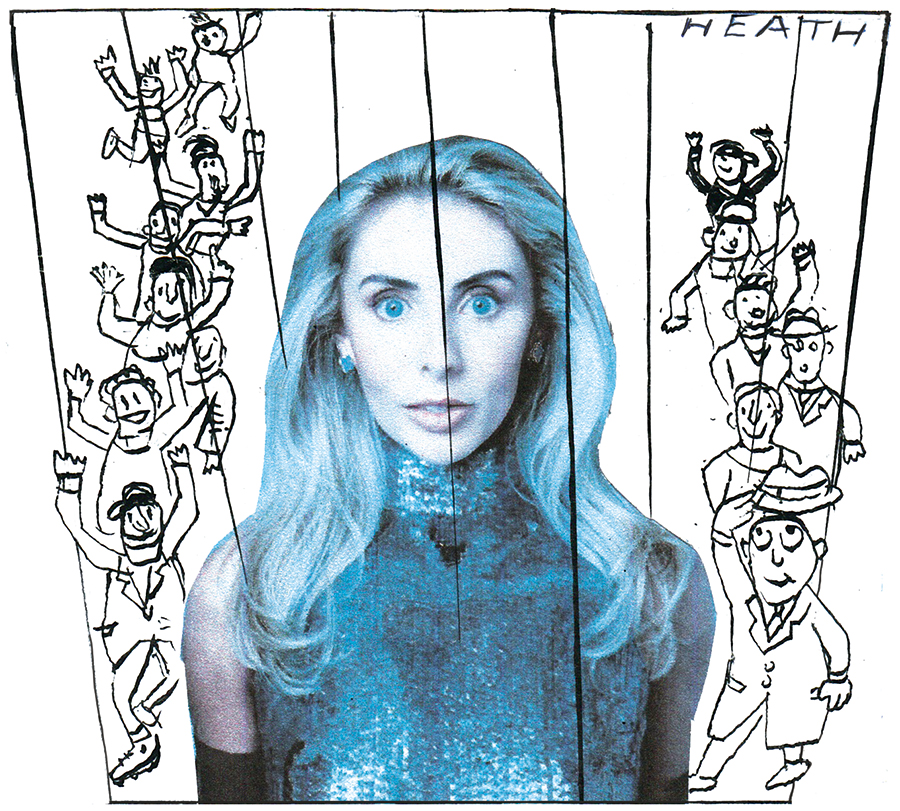The clue is in his appearance. The sandy-haired, blue-eyed, 6ft 2in star Jannik Sinner is the world’s No. 1 tennis champion and has just clinched his – and Italy’s – first win in the world-famous Wimbledon tournament. Sinner, the new hero of tennis after his victory over the previous reigning Wimbledon champion Carlos Alcaraz, may hold an Italian passport, but he doesn’t look or sound like a typical Italian. In fact, Sinner is a member of one of the many ethnic and linguistic minorities who populate the supposedly united countries of the European Union.
The 24-year-old was born and brought up in the Alpine province of South Tyrol – known to Italian Italians as the Alto Adige – 70 per cent of whose inhabitants are, like Sinner, German-speaking ethnic Austrians. He grew up speaking German and only became fluent in Italian when he moved further south to practice his tennis. That said, he recently told Vanity Fair that he feels ‘100 per cent Italian’. Not every South Tyrolean feels the same way. The region is divided by the Alps. The northern part of the province is in Austria, but the south has been part of Italy since it was awarded to the country after Austria’s defeat in the first world war. Though it is peaceful today, this has not always been the case.
In the 1930s and 1940s, when Hitler ruled Germany and absorbed his native Austria into the Third Reich, many German-speaking inhabitants of South Tyrol preferred life with their racial and linguistic brothers – even under the Nazis – to the oppressive rule of Mussolini’s fascist Italy. Some trekked over the mountains to join the Reich. They only returned to their homeland after the second world war ended in the Nazis’ defeat.
But they were still unhappy with Rome’s rule, and during the 1950s and 1960s, German-speaking separatists sought independence from Italy, mounted a bombing campaign which, although aimed at Italian infrastructure, also cost several lives. Modern Italy has blunted such terrorism by granting a large degree of autonomy to South Tyrol, where public signs and even rail tickets are printed in both languages – Italian and German. Although Sinner is claimed as an Italian hero by Rome and has even hugged Italy’s diminutive Prime Minister Giorgia Meloni in public, many Italians regard him as not really one of their own.
Italy only became a united nation in the 1870s, and even today regional loyalties are stronger than national bonds. Romans are Romans, Sicilians Sicilians, and Venetians are Venetians before they are Italians. The same rule applies with even greater force when you don’t speak the same language as your compatriots.
Italy is not alone in containing restive ethnic and linguistic minorities. France has its Celtic Brittany, and nationalist Bretons have also occasionally launched bombing campaigns, while Spain – the country of Sinner’s defeated rival Alcaraz – has the Basques and the Catalans.
Although Sinner is claimed as an Italian hero by Rome, many Italians regard him as not really one of their own
The Basques, who speak an ancient and difficult language, have inhabited their corner of north-west Spain since before the Spanish-speaking Iberians got there. Proud of their distinct heritage, they spearheaded violent opposition to the Franco dictatorship after their former capital Guernica was destroyed by German bombers in the Spanish civil war. Terrorism continued even after democracy returned to Spain following Franco’s death in 1975. The current Spanish socialist government owes its very survival to a controversial deal with the Catalan separatists of north-eastern Spain, who have long mounted their own campaign for independence.
These minorities, in the major countries of western Europe, have often asserted their claims to autonomy or outright independence by force of arms. By doing so, that have given the lie to the EU’s bland claim that Europeans are one happy united family in a single continent where such differences are an unfortunate relic of a forgotten and discredited past.
As a former resident of Austria with a Viennese son, I am vividly aware of how deeply Europe’s varied peoples value their rich and profoundly different identities. Jannik Sinner is a supremely talented sportsman first and foremost, but his very existence gives a face to his own beautiful and neglected part of the world – and may also draw attention to Europe’s other forgotten minorities.








Comments